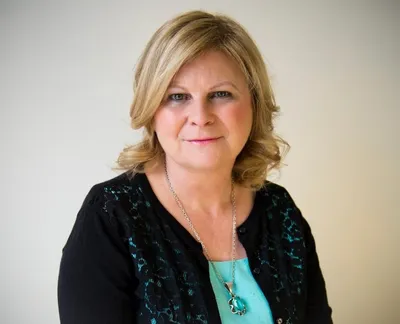1
In this current unprecedented environment what are you finding are the greatest challenges for your business?
We have been able to adapt our business quite quickly. The challenge is not so much not being able to provide services, rather it is convincing organisations that a virtual approach to engaging with candidates and potential relocatees is effective. They are starting to appreciate that they don’t necessarily have to shelve an appointment process but rather continue it in a different way.
2
What new or innovative things are you doing to assist clients?
In terms of orientation programs, that is showing people potential locations, suburbs and even houses, we are doing this virtually. We will now drive around a suburb and film it or do a link in real time. We find it amazingly effective and candidates find it very informative. We are able to do virtual house searches and these are also very popular. We are also spending longer in terms of consultations with potential relocatees on the phone at the initial stages.
3
If you look into a crystal ball, when things get back to some resemblance of normal how do you think it will affect people’s willingness to consider relocating?
There are a couple of ways of looking at this. The virus might make people more conscious of family and friends and hence be less willing to move. On the other hand, the social isolation has meant we have become more comfortable interacting via electronic means and hence distance may actually be less of an issue. People generally don’t like to feel caged in. Indeed, a period like this may actually reinforced the importance of broadening one’s perspective and life experiences.
4
Specifically, do you think we will have to work harder in Australia to get people to consider coming here?
I think this will depend on where people are coming from and whether they already have an association with Australia. If they are expats then I don’t think there will be any impact and current events may attract them home.
In relation to non-Australians, in the last few years the ‘sparkle’ of Australia has been tarnished with issues to do with visa changes and even the perceptions that the whole of Australia was on fire at the time of the bushfires. At this point it would appear that we are handling the pandemic well and it reinforces the stable and developed nature of our infrastructure, economy and health system. Australia may be seen as a potentially safer destination in the future and thus attraction could indeed be easier.
5
You must have some amazing stories from your interactions with clients - is there one you can share?
Yes we have plenty of those! A couple of weeks ago we had a client who had to leave Australia at a couple of days’ notice as they were worried that they might not be able to get back into their home country. They left it to us to pack up their house once they were gone. We were literally on skype in their house with them on the other side of the world working out what cutlery we would ship to them and what would go to the op shop! Interesting times!

About Kathy Nunn
Kathy Nunn is a Director of Elite Woodhams Relocation a newly merged relocation company delivering a full range of relocation services and support to HR and employees or potential employees wherever they may be located. Kathy’s own experiences led to her passion for creating award winning relocation solutions and support around the globe. Kathy’s twenty five years in relocation has seen many changes in the industry but none with such impact as COVID-19.


